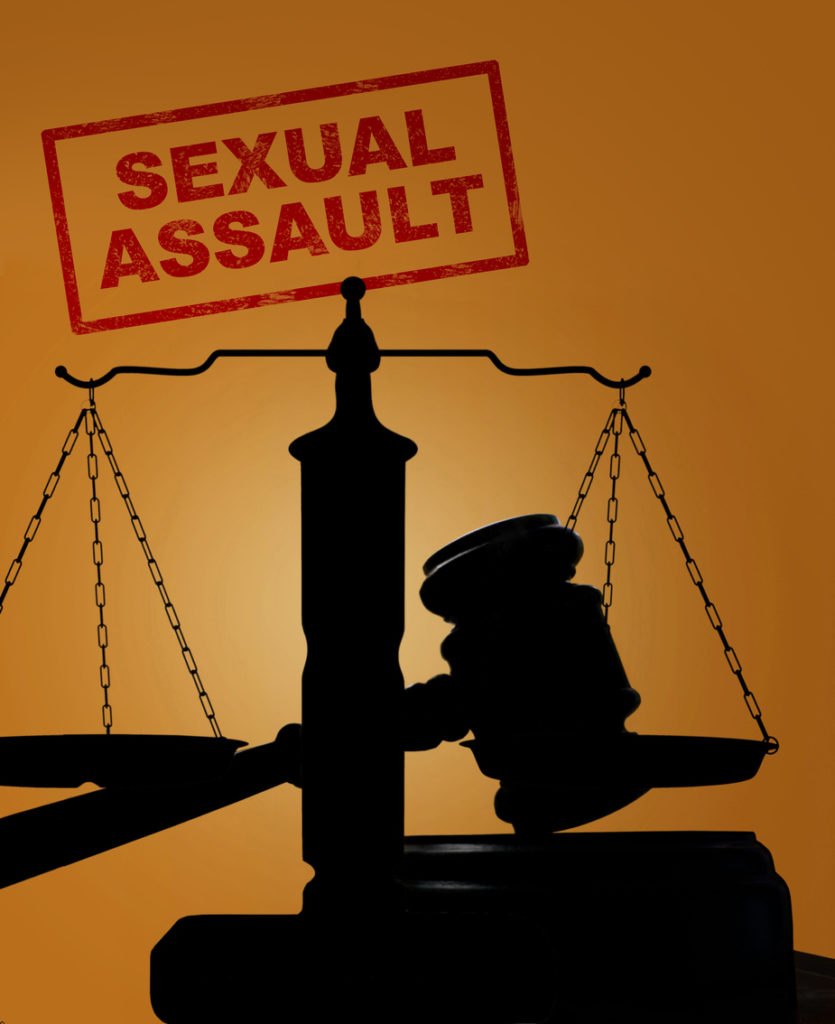Can the Civil Courts Provide Justice for Victims of Sexual Assault?

Justice for Sexual Assault Victims
Sexual assault is among the most heinous of crimes. It puts the lives of those on the receiving end at unimaginable risk. As the “Me Too” movement has shown, there are a plethora of perpetrators out there taking advantage of unwitting women and girls whose psyches ultimately suffer as much as their bodies.
Unfortunately, cases of sexual assault are difficult to prove. Many cases boil down to he-said-she-said scenarios. Questions are raised as to whether the physicality was consensual. Another factor is whether alcohol and drugs were involved. Yet another is if the alleged victim knew the accused attacker. Mix all of the above together with the dynamics of defense attorneys, judges and juries, and the justice system seemingly could fail.
“Though experts say sexual violence cases are being taken more seriously than ever before, several hurdles still need to be overcome before a case reaches the courtroom,” states a CNN article titled “What it takes to prosecute a sex crime.” “And while national data on prosecutions does not exist, some research suggests that prosecution rates remain low in many jurisdictions.”
For the legal process to begin, the alleged victim must report the incident to the police. That presents the first of many obstacles to proving sexual assault: admitting it took place.
“…victims don’t report sexual assault for a variety of reasons, including fear that law enforcement won’t take them seriously – a fear that research has borne out,” the CNN article states. “Some officers still believe certain “rape myths,” such as that women make false claims for attention, or that victims who don’t cry or display certain expected behaviors are making false reports. That’s why some survivors never report, or they may seek out medical attention or counseling before going to the police.”
Depending on the state in which the incident occurred, the statute of limitations presents another obstacle: waiting too long.
“Law enforcement agencies are working to improve training for officers who interact with victims of sexual violence,” according to the article. “And the Violence Against Women Act expanded services for victims, including criminal justice advocacy at shelters and crisis centers, based on research showing that helping victims manage trauma can lead to better interactions with the legal system.”
After a victim files a report with the police, investigators search for evidence that supports the claim, bringing about yet another obstacle: improper procedures.
“Corroborative evidence can take numerous forms depending on the case, such as documentation of injuries from a medical exam or witness testimony,” according to the article. “Ideally, a trained sexual assault nurse examiner provides compassionate care while collecting potentially critical evidence. But a 2016 government report identified gaps in access to the nurses, known as SANEs, including a lack of trained professionals. Law enforcement agencies often have a backlog of untested rape kits, and delays in getting physical evidence tested can also impede an investigation. Many prosecutors won’t decide to charge unless they’re satisfied the evidence establishes the elements of the crime.”
Because of the many obstacles to proving sexual assault in the criminal arena, survivors have started exploring alternative routes: What if there is a better path to justice through the civil arena?
“After an attack, sexual assault and domestic violence survivors are often focused on healing, both physically and emotionally,” reads a blog by Enjuris titled “Sexual Assault Victims Can Seek Monetary Justice.” “What they may not realize is that financial compensation from a civil lawsuit could help pay for medical bills, relocation, lost wages and numerous other expenses that they may be forced to deal with as a result of being attacked.”
It would be a personal-injury case of the highest degree. While it would be a very tough case, the burden of proof is lower in a civil case than a criminal case. Criminal cases must be proved beyond a reasonable doubt, but civil cases can prevail with a preponderance of the evidence.
“Tort claims brought by victims of sexual assault have recently been increasing at an exponential pace,” according to the National Resource Center on Domestic Violence. “These claims can be pursued against perpetrators as well as additional defendants known as third parties. A tort claim can be filed against a perpetrator regardless of whether there was a successful or unsuccessful criminal case, or no criminal prosecution at all.”
Searcy Denney Scarola Barnhart & Shipley attorney Andrea Lewis has handled a number of sexual-assault cases over the years and believes there are remedies where a prosecutor is not comfortable pressing criminal charges.
Share This


